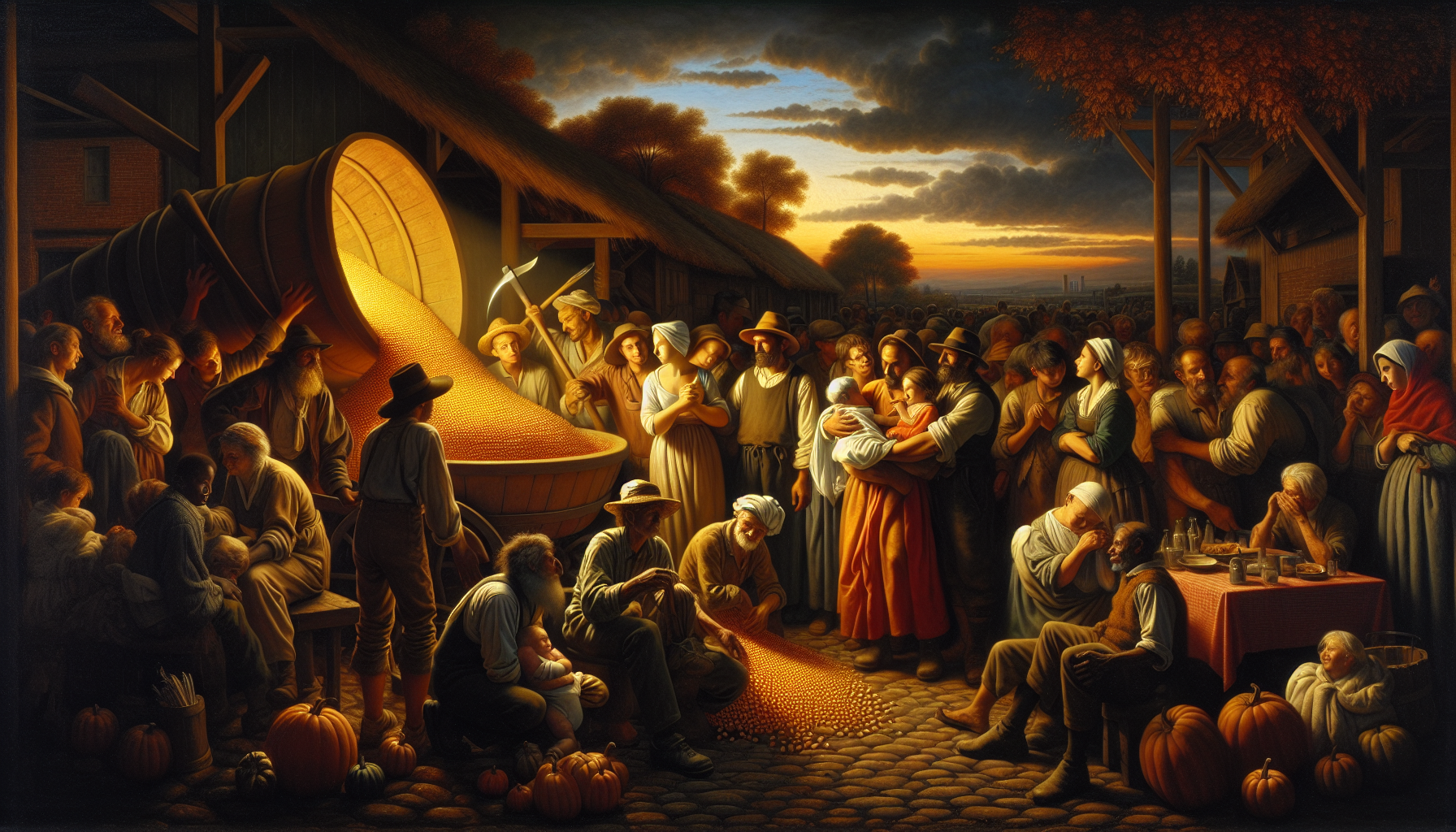🦅 Executive Branch |
White House |
- On September 4, 2025, President Donald J. Trump signed an executive order to put into effect a new trade agreement between the United States and Japan. This order changes tariffs (taxes on imports) so that most Japanese goods coming into the U.S. will face a 15% tax if they currently have a lower tariff, while some products like cars, airplanes, and medicines have special rules. The order says Japan will buy more American products, including $8 billion a year in farm goods and invest $550 billion in the U.S., which the order claims will create many jobs and help American industries. This action affects American businesses, workers, and consumers who buy Japanese products or sell to Japan. The order uses powers from several laws related to trade and national security and says it is meant to fix trade imbalances and protect U.S. security. However, the order’s claims about benefits and security are the President’s judgment and not independently verified. Read full document →
|
Federal Register |
-
The U.S. Department of Labor is working on changing the rules that help protect people with disabilities who work for companies that have contracts with the government. These rules come from a law called Section 503 of the Rehabilitation Act. The department asked for public opinions on the new rules starting July 1, 2025, and originally planned to stop taking comments by September 2, 2025. Now, they have extended the deadline to September 17, 2025, so more people can share their thoughts. This matters because it affects how companies treat workers with disabilities and helps make sure they have fair job opportunities. The new rules will apply to companies that have government contracts, and the department wants to finish the rule changes soon after the comment period ends. Read full document →
-
This document fixes small mistakes in a rule about how hospices get paid by Medicare starting October 1, 2025. It changes two things: first, it removes a sentence that was mistakenly included about asking for information; second, it adds the words “or completion” to a rule that says hospices must send in at least 90% of certain patient records within 30 days after an event or finishing a task, for patients admitted or discharged between January 1 and December 31, 2027. Hospices that take care of seriously ill patients must follow these rules so they get paid correctly and on time. This matters because it helps make sure hospices report important information properly, which supports good care for patients and timely payments to providers. Read full document →
-
The U.S. Department of Labor is thinking about removing the rules that help enforce a law called Executive Order 11246, which makes sure companies that work with the government treat workers fairly and don’t discriminate. Right now, the public can share their thoughts about this change until September 17, 2025, which is two weeks longer than before. This matters because these rules help protect workers from unfair treatment in jobs connected to the government, so changing or removing them could affect how companies treat their employees. Read full document →
-
The U.S. Department of Labor is working on changing the rules that help protect veterans who served during the Vietnam War when they look for jobs with companies that have government contracts. These changes are about how the law called the Vietnam Era Veterans’ Readjustment Assistance Act is put into practice. The Department asked people to share their thoughts about the new rules by September 2, 2025, but now they have extended the deadline to September 17, 2025, so more people can give their opinions. This matters because it affects veterans who want fair chances to get jobs and helps companies that work with the government follow the law correctly. Everyone who wants to comment must do so by September 17, 2025, and no more time extensions will be given. Read full document →
|
|
|

